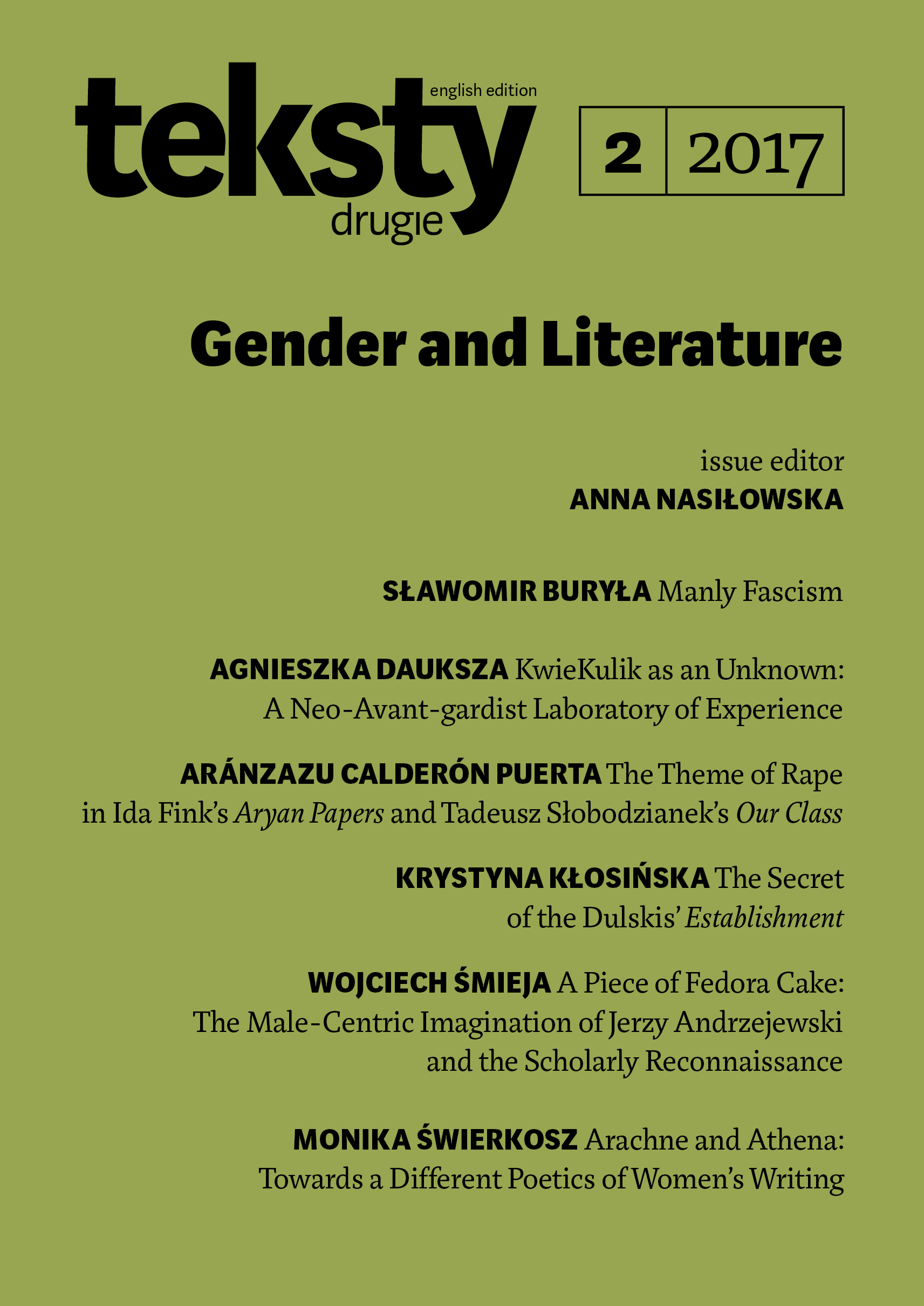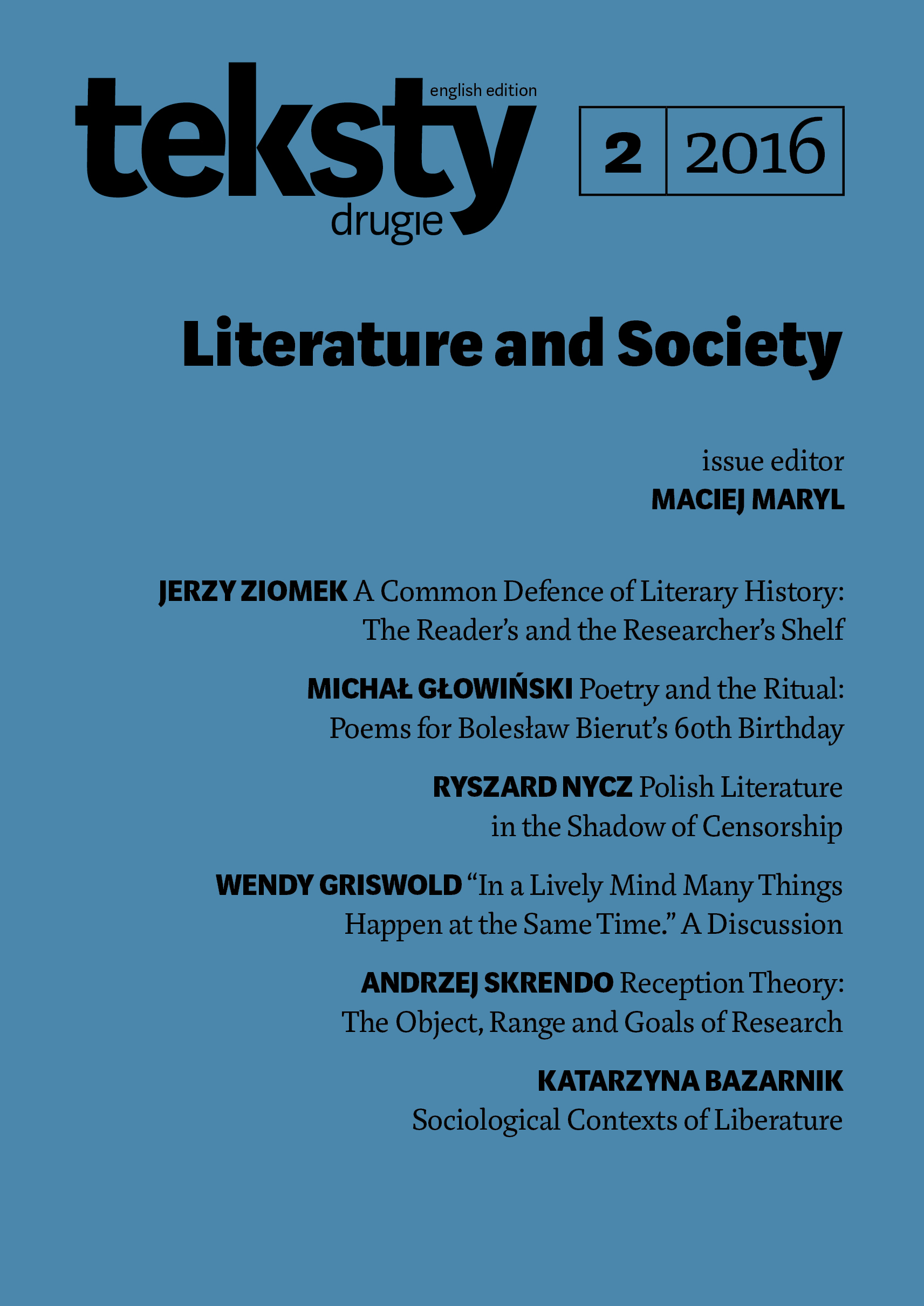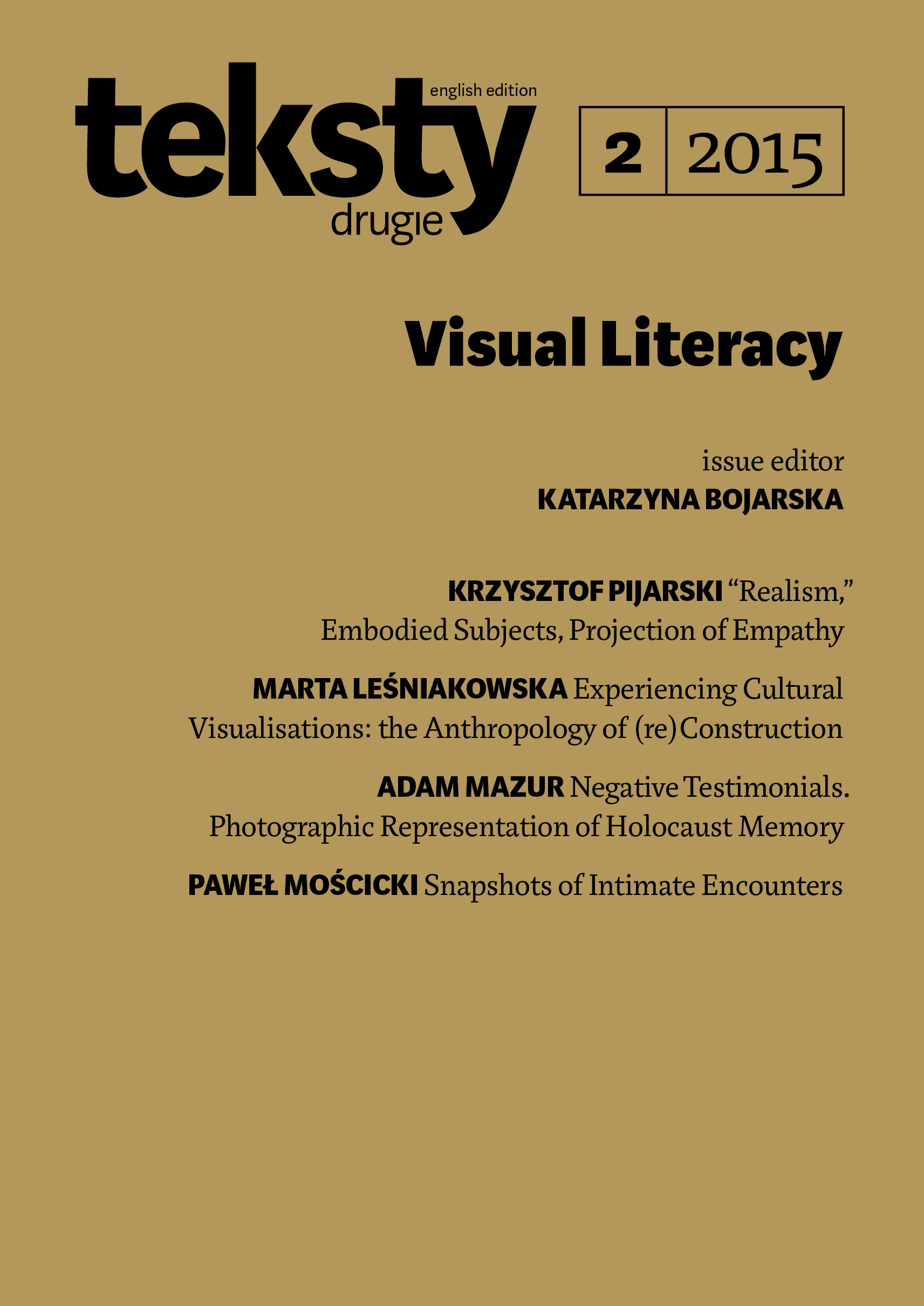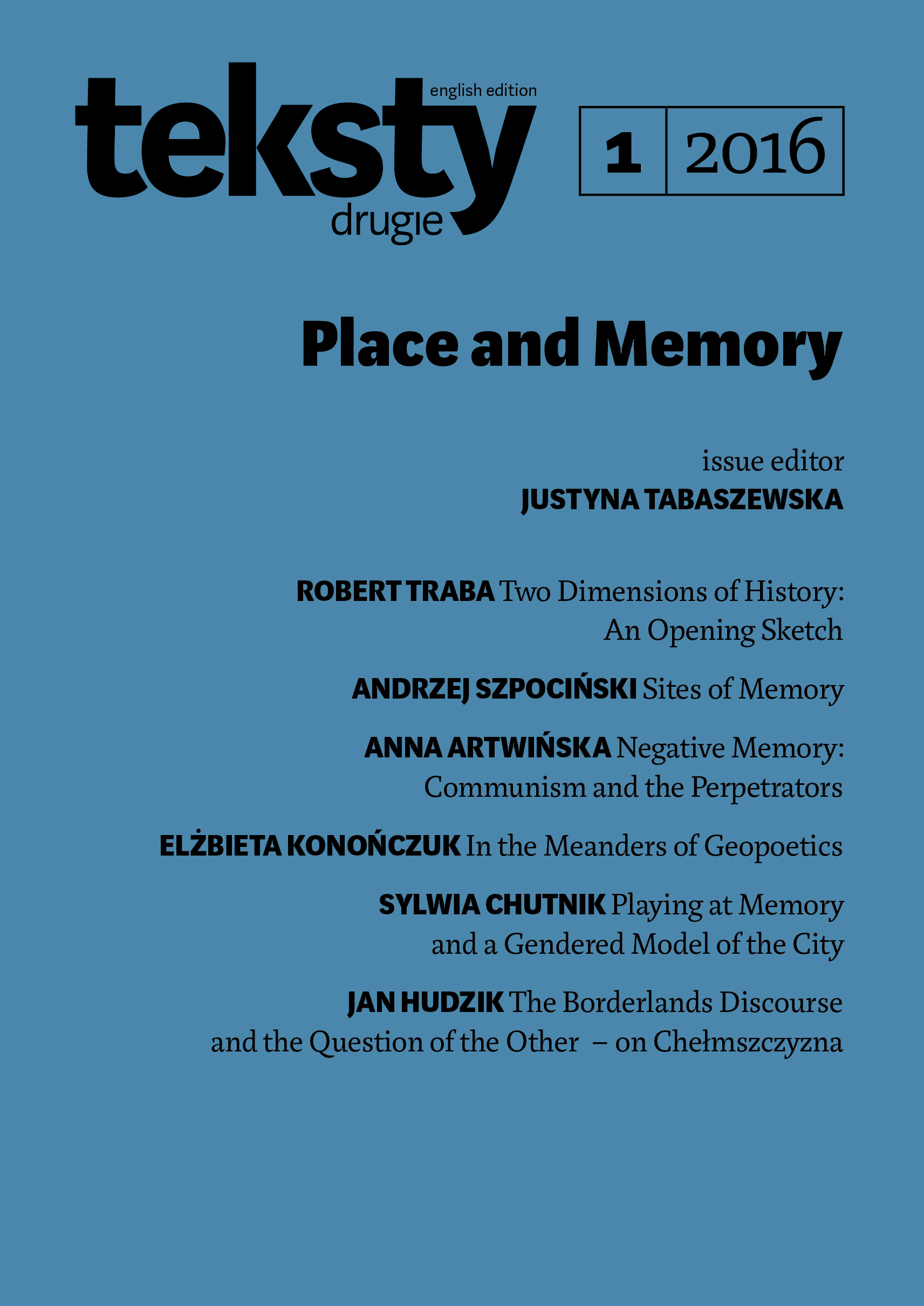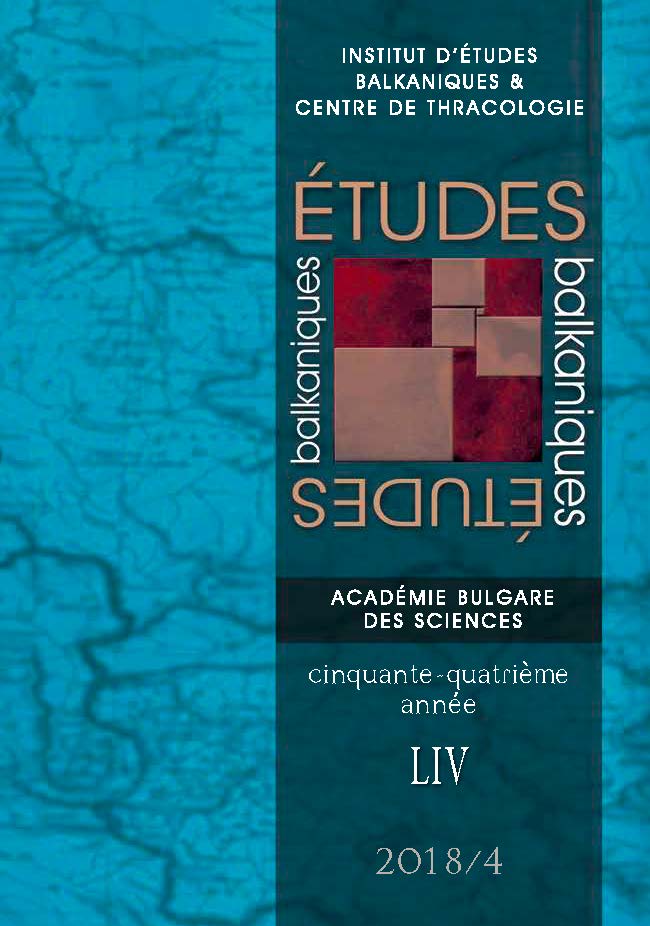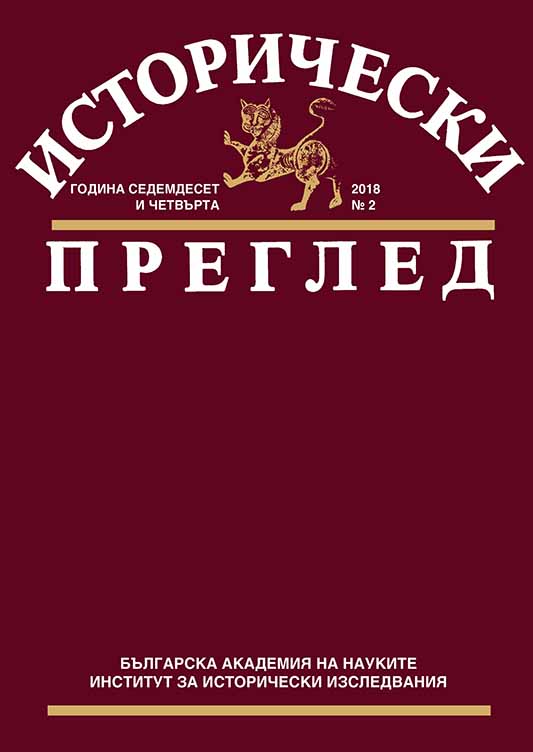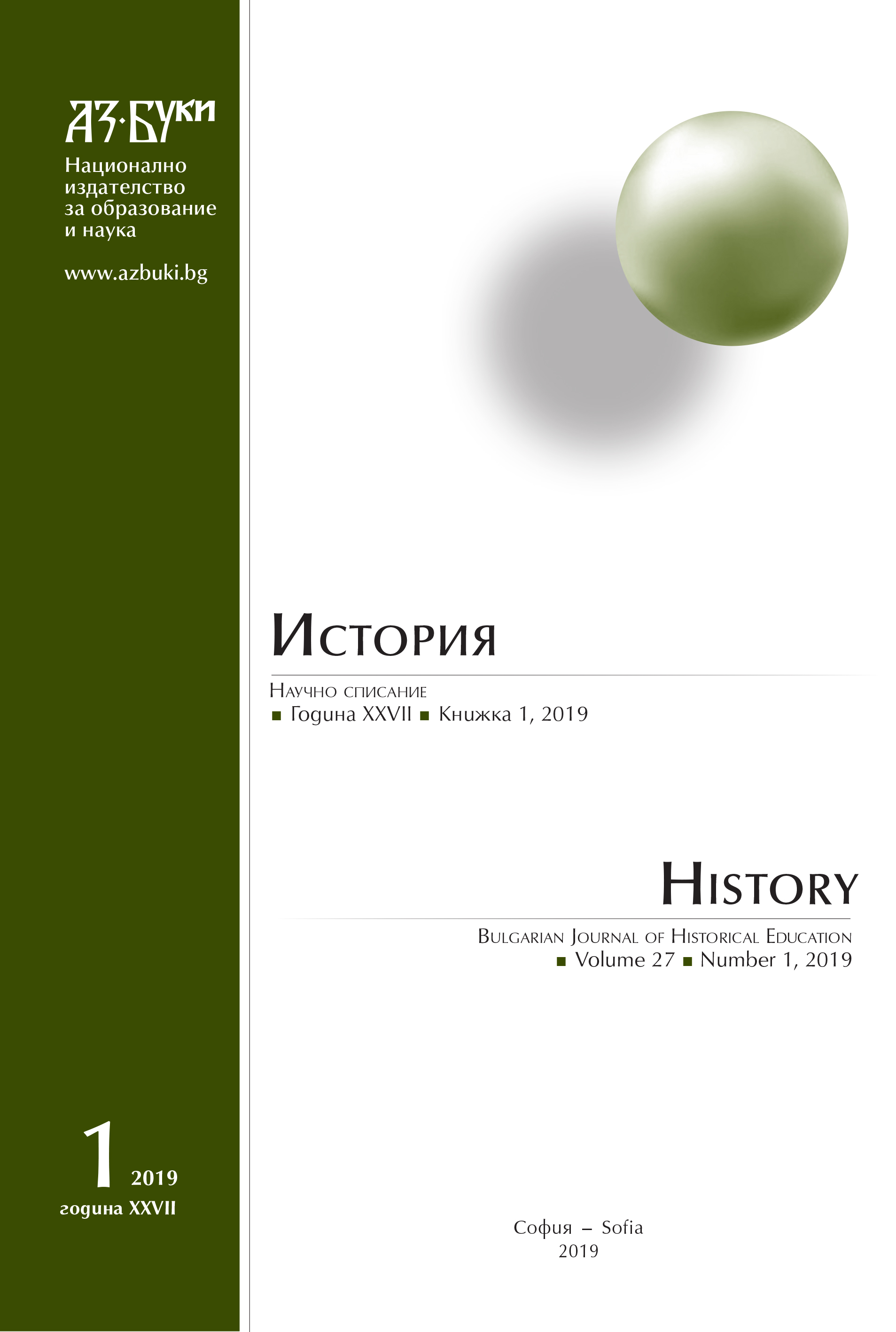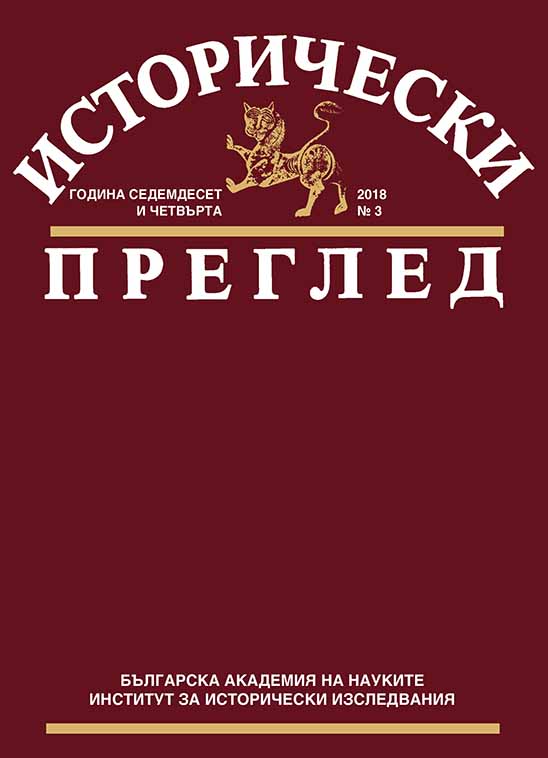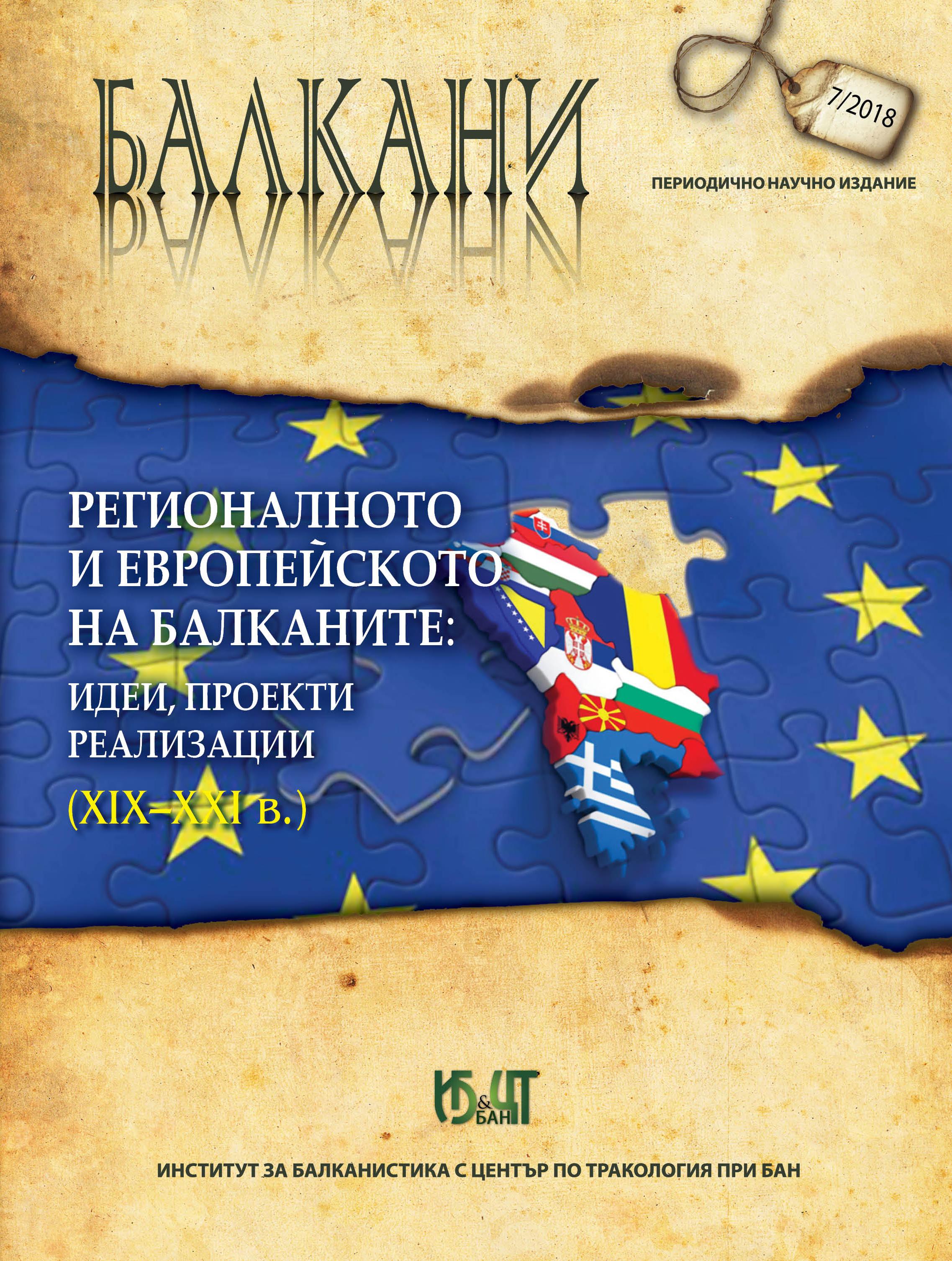
ВЪТРЕШНИТЕ ПРОТИВОРЕЧИЯ НА ТУРСКАТА МОДЕРНИЗАЦИЯ
This article is dedicated to the modernization in the Republic of Turkey that took place from its establishment in 1923 until the end of the 20th century. It analyzes Mustafa Kemal’s approach to modernization, which has imposed a radical separation with traditional Islamic values and Ottoman tradition. Despite the quick enactment of a European legislation and the restructuring of the country to a European model, the change in Turkish people’s identity has not been without difficulty. Alongside the introduction of a multiparty political system, the traditional Islamic values have made their way into the political scene, and shortly thereafter the Turkish army begins to intervene directly in political life as a guardian of the secular nature of the state, but at the same time undermines its democratic foundations. The movement toward a liberal political life during T. Özal’s administration has irreversibly shifted the direction of Kemalist Turkey’s development. The necessity of the merging of Islamic cultural identity with European values has sparked a public debate, marked by an uneven advancement, testing the country’s worldly stature.
More...
